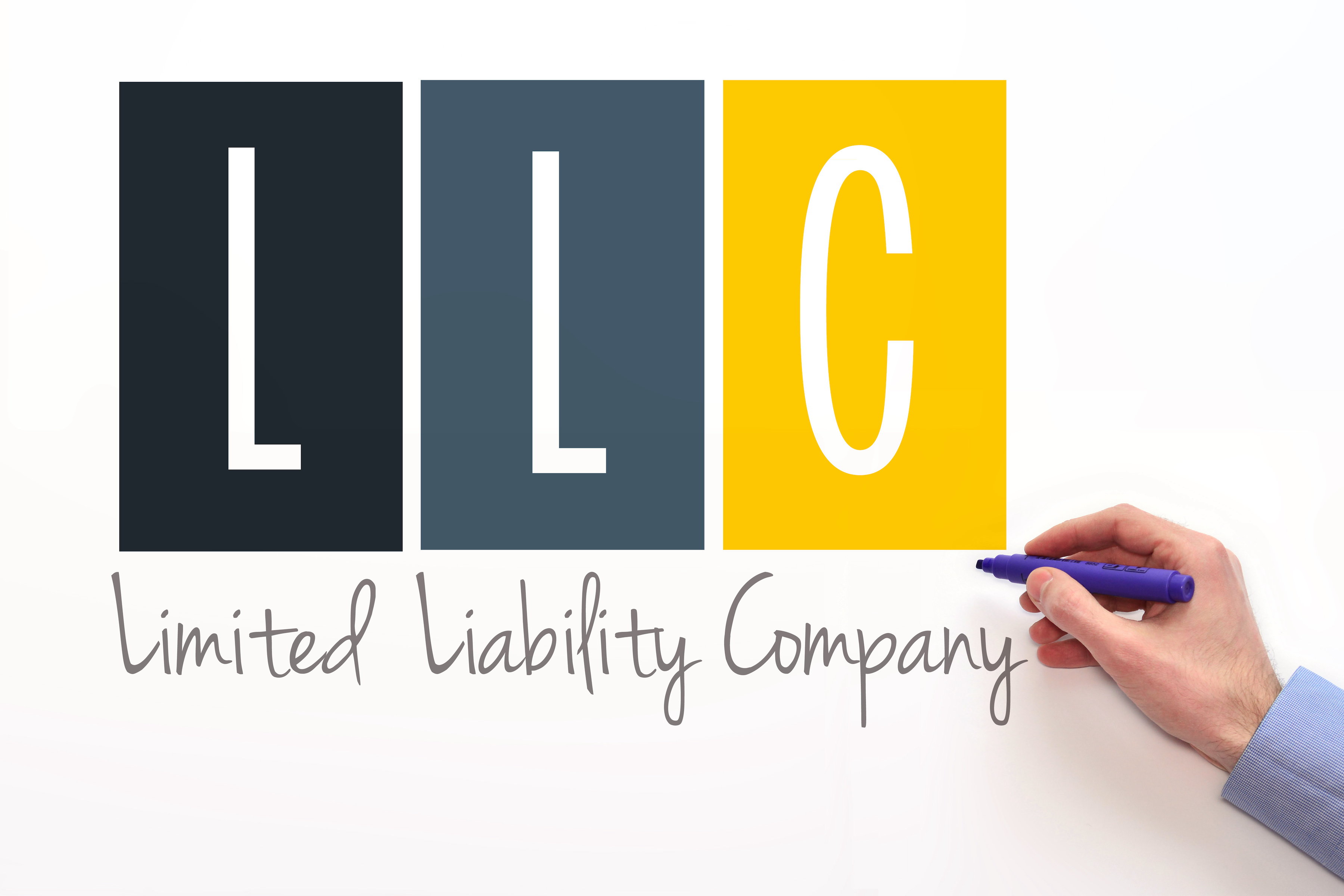The Limited liability company is one of the more favored business organizations because it’s easy to set up, gives business owners some of the same protections as C corporations, and has tax benefits. You not only have less paperwork at the inception of the business, but you also have less paperwork and requirements to meet after the business is set up. Business attorneys at France Law can help you choose the proper business entity for your new business.
Benefits of Choosing an LLC
When you choose to set your business up as a Limited Liability Company, earnings are passed through to the members, which means that taxes are also passed through. You do not have the double taxation you have if you were to set up as a C corporation. However, an LLC is not for everyone. A business tax attorney can help you determine which entity is best for your situation, especially if you plan on growing your business. The earnings go to the members before the federal government.
Tax Flexibility
When you set up a Limited Liability Company (LLC), you have to choose how you want to set it up. You can choose to set up an LLC as a sole proprietorship, C corporation, partnership, or an S corporation. When you file your taxes, you choose the method on IRS Form 8832; you also note whether you set up the company as a corporation or a sole proprietorship when you initially create the limited liability corporation.
If you choose to set up the LLC as a sole proprietorship, you have to report income on a Schedule C on your 1040. The Scheule C shows your business’ profit or loss, which is then added to your other income – if any. You must pay the full amount of the FICA tax yourself, in addition to other government taxes.
Setting up your LLC as a C corporation is another option. If you do, you must file Form 1120, which is the corporate tax return. Your business pays any taxes on the profits before anything that is left goes to the members. Of course, if you opt to hold any dividends and other payments to members and other shareholders, the shareholders do not have to pay taxes.
When you set up an LLC as an S corporation, you must file a Form 1120-S, but you do not pay corporate taxes on your income. The members report the income that passes through to them on their tax returns. Setting up the LLC as an S corporation avoids the double taxation you would get with a C corporation.
Finally, you can also set up the LLC as a partnership. The LLC files a Form 1065, and each owner pays taxes on his or her tax returns on his 1040 and Schedule K-1.
Tax Limitations for LLCs
While you still pay taxes on your income if you choose to set up as an LLC, you pay those taxes at your personal rate rather than the corporate rate. Depending on how you set the LLC up, you can avoid double taxation by not paying taxes at the corporate level.
Additionally, because you are not an employee, the income you receive is not subject to withholding. However, you do have to file quarterly taxes. To get quarterly payments, you must estimate your yearly tax burden, then divide it by four. You then pay the quarterly amount to the Internal Revenue Service (IRS). Since Florida does not have a state tax, you do not have to worry about quarterly state taxes, nor do you have to worry about the state taxing the LLC directly.
The biggest limitation with an LLC is that you cannot take certain deductions, such as life insurance and health insurance that the LLC provides to its members and/or employees.
Contact Tax Attorneys at France Law
To determine which entity type is the best for your business, contact the business law attorneys at France Law to set up a consultation.






















